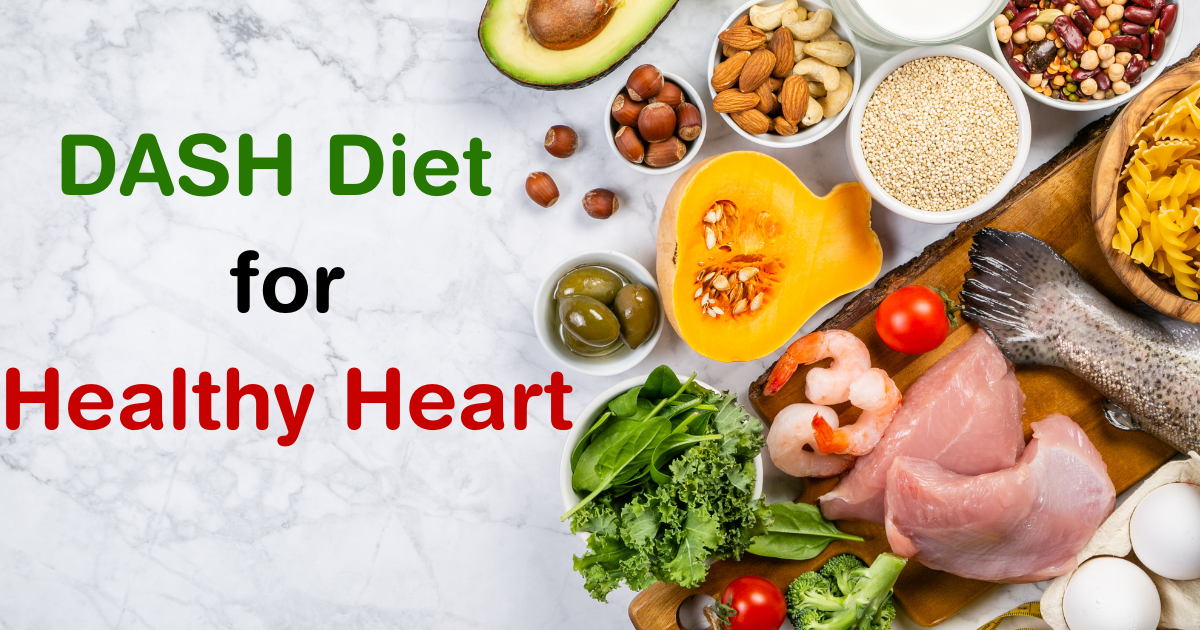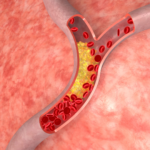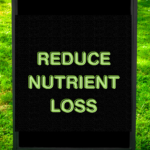Describe the DASH Diet
The DASH (Dietary Approaches to Stop Hypertension) diet is a nutritional programme that aims to reduce hypertension through dietary changes. It emphasises the consumption of low-sodium foods such as fresh produce, healthy grains, low-fat dairy products, and lean proteins.
In addition to upping one’s fibre intake, the strategy suggests cutting back on cholesterol, saturated fat, and trans fat. Further, one should not overdo it with the alcoholic beverages. Weight is managed, and risk factors for cardiovascular disease, like hypertension, diabetes, and high cholesterol, are mitigated with the help of this eating plan.
This eating plan was created to combat hypertension, but its emphasis on a varied diet that includes pleasures like dessert and sugary drinks once in a while is beneficial to everyone’s health. The DASH Diet provides a wide range of meal alternatives since it prioritises variety within each of the dietary groups that make up a healthy lifestyle. Those who adhere to the plan’s recommendations will experience significant improvements to their health with little time or effort expended.
The DASH Diet’s Positive Effects
The DASH diet is an evidence-based eating and living strategy for lowering cardiovascular risk. Its primary purpose was to reduce blood pressure, but its usefulness has since been discovered to extend much beyond that. Some of the most notable gains from adopting this eating plan are as follows:
The levels of harmful cholesterol and triglycerides may be lowered, which is the first advantage. This is significant because these fats promote atherosclerosis, which raises the risk of cardiovascular disease. The DASH diet is effective because it lowers dietary intake of saturated and trans fats while boosting intake of monounsaturated and polyunsaturated fats.
You may also find that it facilitates your efforts to shed unwanted pounds and keep them off. The DASH eating plan encourages consuming a diet high in nutrient-dense but low-calorie foods such whole grains, fruits, vegetables, low-fat dairy products, fish, chicken, nuts, and legumes. In addition, it stresses the importance of regulating one’s food intake through mindful eating practises, so that one does not overeat or gorge themselves.
Finally, the DASH diet’s high nutrient content from healthy sources, such lean proteins like fish or chicken breast, along with complex carbohydrates like quinoa or brown rice for balanced meals throughout the day, can help increase overall energy levels. In addition, the fibre in these foods aids digestion, which in turn can increase the body’s ability to absorb essential nutrients.
Foods to Eat Following a DASH Diet
If you want to keep your heart healthy, try the DASH eating plan. It emphasises eating lots of fruits and vegetables. In particular, daily intakes of both fruits (4-5 servings) and vegetables (4-5 servings) are recommended. Fruits and vegetables are great for your heart since they are full of beneficial nutrients including vitamins, minerals, antioxidants, and fibre.
The risk of high blood pressure and increased cholesterol levels can be mitigated by eating a diet rich in these items. Apples, oranges, pears, bananas, melons, berries, grapes, cherries, etc. are all good examples of fruits to include, while veggies like broccoli, spinach, kale, cabbage, etc. are all good examples of vegetables to include.
Foods to Avoid Following a DASH Diet
When trying to maintain a healthy heart using the DASH diet, it’s best to limit or completely abstain from eating highly processed foods. Foods that are heavy in sodium, fat, and preservatives fall under this category.
Due to their high levels of saturated fat and associations with an elevated risk of chronic disease, processed meats are also on the list of foods to avoid. And since trans fats, like those found in margarine and some baked goods, have been shown to boost “bad” LDL cholesterol while lowering “good” HDL cholesterol, they should be avoided altogether. Third, “empty calories,” or calories from sources that have no nutritional value, should be minimised or removed from the diet. This includes sugary beverages like sodas and energy drinks.
Sample Meal Plan For DASH Diet
The DASH diet has been shown to reduce cardiovascular risk factors, but only if adhered to with a proper meal plan. Having access to a sample meal plan will help you learn how to make nutritious and tasty dishes for your family.
An example breakfast menu can consist of whole wheat bread with peanut butter and banana slices, scrambled eggs with peppers, onions, and mushrooms, and salsa, or porridge with almonds, berries, and low-fat milk.
Examples of healthy lunches include hummus, cucumber slices, and baby spinach leaves packed in a whole wheat tortilla, or a wrap made with grilled salmon, spinach, and quinoa.
Dinner choices could include black bean burritos stuffed with sautéed peppers, onions, and mushrooms and wrapped in whole wheat tortillas; chicken stir fry made with lean chicken breast pieces cooked in olive oil alongside green beans; and oven-baked fish seasoned with lemon juice served with roasted potatoes and steamed broccoli.
Tips for Successful Implementation of DASH Diet
Forming a strategy is crucial to the effective execution of any diet. Planning is much more important while following the DASH Diet for Healthy Heart. You should begin by making a plan that details your motivations for making dietary changes and the specifics of those changes.
Think about how often and when you will eat, as well as any dietary restrictions or demands (such as allergies) that need to be met. After you’ve laid the groundwork, it’s important to communicate the changes to everyone living in your home so they can take part in making them.
So that you don’t give in to the temptation of unhealthy snacks, it’s wise to stock up on healthy foods that are compatible with the DASH Diet for Healthy Heart. Seek out recipes online or use a meal-planning service like eMeals® to assist in the preparation of healthy, well-rounded meals while avoiding processed foods.
Finally, keep in mind that making positive lifestyle changes takes time, and that any setbacks along the way to better heart health through the DASH Diet for Healthy Heart should be viewed not as failures but as opportunities to grow.
Expert Nutritionist Recommendations
Best dietician in Delhi, Dr. Pankaj Kumar recommends the DASH diet (Dietary Approaches to Stop Hypertension) for those looking to eat healthier for their hearts. He recommends consuming a diet high in nutrients but minimal in salt, sugar, and fat. Fruits, vegetables, whole grains, lean proteins, nuts, and legumes should all be consumed in large quantities. Avoiding processed foods and sugary beverages is also recommended, as is reducing red meat consumption to no more than twice weekly.
Specialists in nutrition Dr. Pankaj Kumar advocate for the DASH diet because of its ability to lower blood pressure by limiting sodium consumption without compromising on taste. Reducing your salt intake can help lower your blood pressure and, in turn, minimise your risk of cardiovascular disease and stroke.
The diet provides the necessary fibre and antioxidants for general health maintenance, and its mineral content, which includes potassium, aids in maintaining normal blood pressure. Further, when followed correctly over time, this diet’s emphasis on portion control promotes healthier weight maintenance.
Those who want to improve their cardiovascular health through dietary or dietary and physical activity changes may consider the DASH Diet. It demands dedication, but with consistency, it delivers many health benefits.
Conclusion
In sum, the DASH diet is highly recommended for everyone concerned about their heart health. It’s a well-rounded eating plan that includes low-fat dairy products and lean proteins in addition to whole grains, fresh produce, and fruit and vegetable juices. It helps reduce cholesterol, blood pressure, and inflammation in the body, all of which minimise the chance of developing cardiovascular disease. The health benefits of adopting this eating plan extend beyond just the scale. The DASH diet is a great long-term strategy for keeping your heart healthy due to its focus on nutrient-dense meals and the importance it places on healthy fats.
The most important thing to remember from this analysis is that adopting a DASH diet plan can have beneficial consequences on your health. Those who want to take care of their heart health may consider adopting this eating pattern for a variety of reasons, including the reduction of risks related to coronary artery disease and the improvement of dietary habits over time. Eating high-quality foods that are low in salt and saturated fat while yet delivering enough fibre and other vital vitamins and minerals is the best way to ensure that your body receives all the nutrition it needs without sacrificing flavour.







GIPHY App Key not set. Please check settings